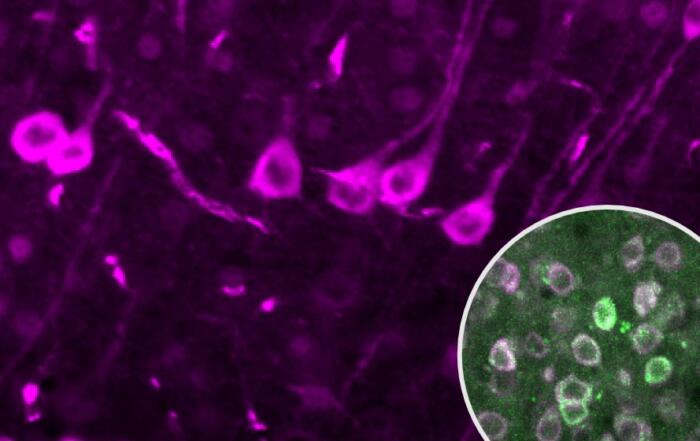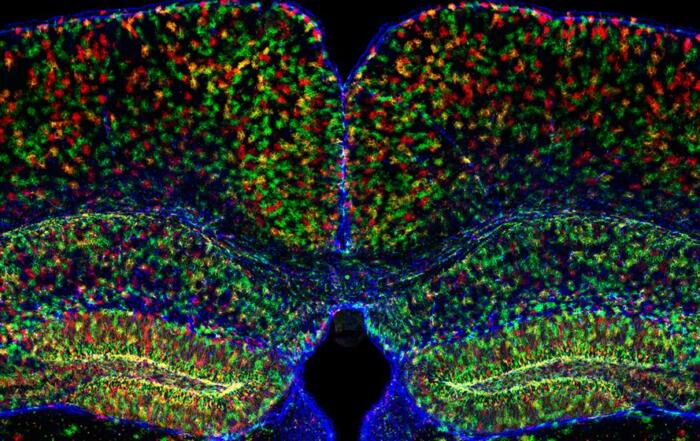Kenneth Dyar and Joanna Moore present applications of automated home cage activity monitoring and discuss how it can be used to improve animal welfare, optimize study design and drive animal behavior and physiology research.
Automated home cage behavioral monitoring is receiving increasing attention from the scientific community because of its benefits with regards to translational research, data replicability and animal welfare. In this webinar, Joanna Moore (GSK) and Kenneth Dyar (Helmholtz Diabetes Center) will discuss how home cage monitoring can be used to reduce animal stress, optimize methodology and guide physiology and animal behavior research.
Passive locomotor activity monitoring for real-time circadian study design
Kenneth Dyar, PhD
Circadian clocks are fundamental determinants of physiology, behavior and health. For skeletal muscle, the circadian clock promotes insulin sensitivity and orchestrates rhythms of glucose, lipid, and amino acid metabolism. Physical activity synchronizes circadian clocks by altering body temperature and through distribution of various hormones and metabolites. Research suggests that misalignment of the ‘muscle clock’ plays an important pathophysiological role in metabolic disease. In this webinar, Dr. Kenneth Dyar will highlight some examples of how the DVC system can be used for locomotor activity monitoring in order to evaluate circadian alignment before, during or after various dietary and pharmacological interventions.
Using home-cage monitoring to determine the impact of timed mating on male mouse welfare
Joanna Moore, PhD, FIAT, R.An.Tech
The use of sterile male mice to induce pseudopregnancy in female mice assigned for the implantation of embryos is a vital component in the production of Genetically Altered Animals (GAA). This process involves swapping a genetically sterile male’s female companion for a new female. In this presentation, Dr. Joanna Moore will discuss the use of home cage activity monitoring to evaluate the potential impact of this procedure on the welfare of male mice and how the impact of this intervention may be reduced. All animal studies were ethically reviewed and carried out in accordance with the Animals (Scientific Procedures) Act 1986 and the GSK Policy on the Care, Welfare and Treatment of Animals.
Key Topics Include:
- Using home cage activity as a readout for animal welfare
- Using locomotor activity to optimize methodology and validate study design in real-time
- Pre-study screening of cohorts for outliers
Click to watch the webinar recording. To view the presentation full screen simply click the square icon located in the bottom-right corner of the video viewer.
Resources
To retrieve a PDF copy of the presentation, click on the link below the slide player. From this page, click on the “Download” link to retrieve the file.
Presenters
Senior Scientist
Helmholtz Diabetes Center
Investigator and Named Information Officer
GlaxoSmithKline










